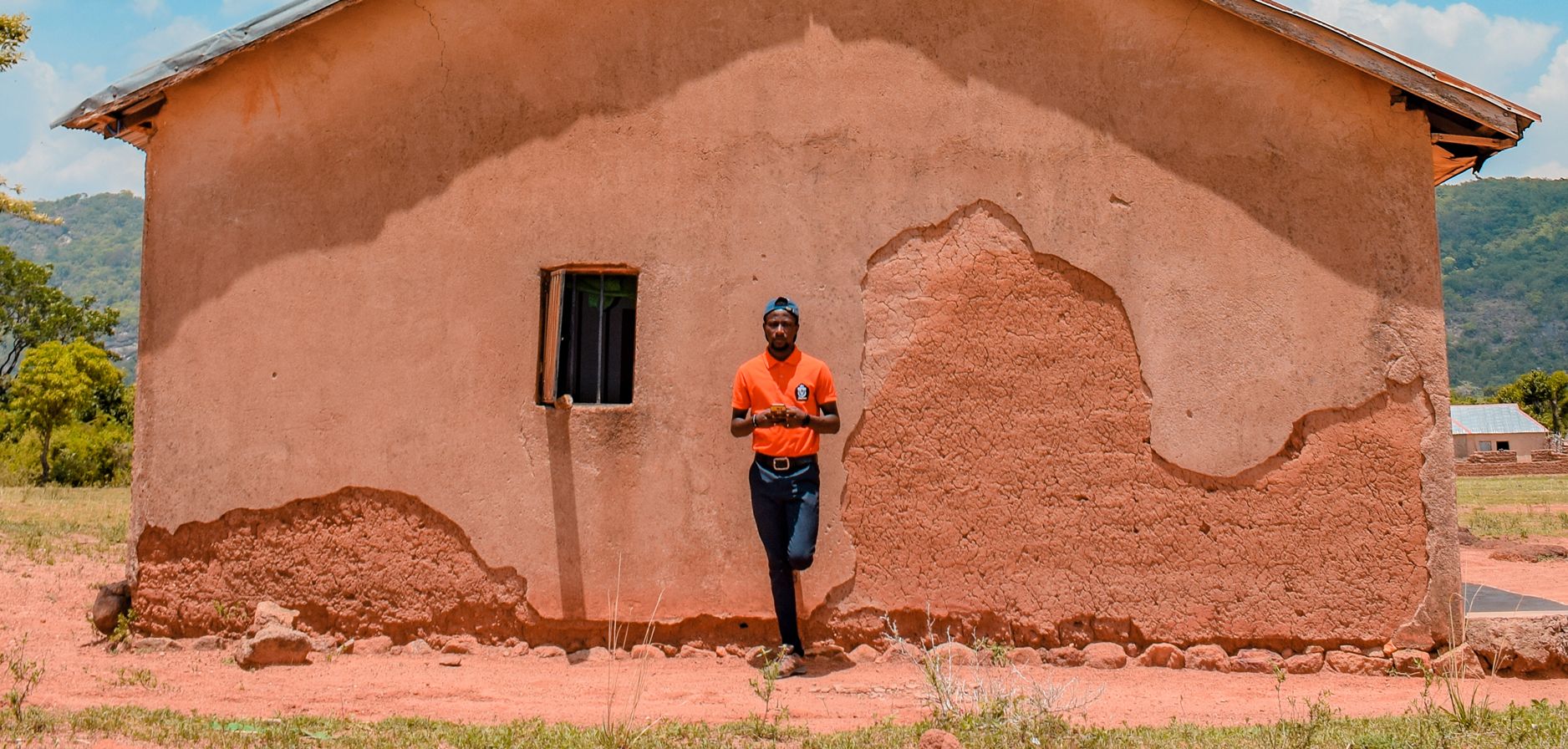Providing mental health services in sub-Saharan Africa comes with many challenges. With stretched resources, isolated rural populations and social stigma, it can be hard for people who need mental healthcare to access it.
In Rwanda, mental health care has significantly advanced, but mental illness is still considered a taboo. Community-level health workers do not receive mental health training, access to specialists is limited, and people are often unwilling to seek care.
But through its Fourth Health Sector Strategic Plan 2018–2024, Rwanda’s Ministry of Health is leading a national movement to treat mental health care as a development priority.
Viamo’s Remote Training Platform allows surveyors to design and deploy a customized mobile training curriculum consisting of audio lessons and follow-up quizzes. The training is delivered via a series of Interactive Voice Response (IVR) calls and supporting SMSs to educate and upskill dispersed learners. With an innovative, mobile-first approach to training, Viamo ensures the lesson becomes accessible, adaptable, and scalable. Users can track the knowledge uptake of targeted learners with baseline and endline quizzes, with content translations available.
Viamo’s expertise in developing mobile content has prioritized learner engagement, optimized knowledge transfer, and facilitated behavior change.
The results of this initiative and partnership revealed that:
Viamo spoke with Dr. Jean Damascène Iyamuremye, Director of Psychiatric Care at the Rwanda Ministry of Health, to find out how a public-private partnership between the ministry and Johnson & Johnson Global Public Health — using Viamo’s mobile platform technology — is helping Rwanda strengthen Community Health Worker mental health awareness and meet the challenges of access to care.
Viamo: What are Rwanda’s mental health provision challenges?
Dr. Damascène: In 2018, the Rwanda Mental Health Survey found that more than 20% of the general population had at least one mental health issue, such as depression or insomnia. Among survivors of the 1994 genocide against Tutsi, almost one in two had a mental [health] issue, including 35% with depression.
We believe that Covid-19 has increased the mental health problems in our population. Although we haven’t yet conducted proper research on it, the data from our health facilities shows that depression and suicide attempts have increased.
At the government level, the big challenge for tackling this is low awareness among the general population about mental health. Another big challenge resulting from that is a stigma towards people with mental health, which prevents people from consulting our services.
We have increased activities related to raising awareness so that everybody can know that mental health is as important as physical health. And we have increased the availability of mental health services in every health facility. We now have 45-50 hospitals where we have specialists in mental health, and 8% of health centers have a mental health specialist.
Another thing that we did to tackle this issue is the activity we conducted in collaboration with Viamo and Johnson & Johnson.
Describe the partnership between the Ministry of Health, Johnson & Johnson, and Viamo: What did you do, and what results did you get?
We conducted community health work training to reduce the problem of access in remote areas, especially to those who are very far from the health centers or hospitals. Before the training, most of the time, people with mental health conditions who live in remote areas experienced hard problems. Even if they got a chance to reach a health center, they couldn’t come back. This resulted in relapse.
We managed to train a big number of community health workers at the village level, meaning every village in Rwanda has at least one community health worker who is able to identify and orient that person to the health center. We found that relapse was reduced, and there’s a decrease of hospitalization of people with a mental health condition.
Without Viamo’s support, we alone couldn’t train such a big number of community health workers in such a short time. After this remote training, we found an increase in the numbers of people who come to the health center seeking mental health services. This is a positive thing because, with the stigma, some people still hide in the village so they don’t have to disclose their problem. After this training, people are aware that we have available services to help someone with a mental health issue.
They consult health workers earlier, before their conditions get worse, and some people are being supported from home. And rehabilitation can also be done at the community level. Our health workers have gained skills. They are now very comfortable and confident when they are helping people with mental health [challenges]. It has helped our population.
What are your thoughts about the future of mental healthcare training?
I hope we will continue this collaboration to help people who are experiencing mental health issues. I think we still need such training to be conducted every year because of turnover as we don’t know if all people are still in the system, and as a refresher, to help people not to forget what they have learned.
Now we are building a network of health providers at all levels of our system and this kind of training is needed on other levels. For example, we have 500 health facilities, meaning that if we can use the Remote Training [Platform] tool, I think it can help other health providers in health centers and district hospitals.
We are trying to strengthen the community so that they can identify and detect problems before they become complicated. This also will impact our country’s economy, as we are going to [save] money if the number of people hospitalized with a mental health condition is reduced. If the person is not hospitalized, they are active and productive. If we improve the mental health of our people, we will also increase their economy.





